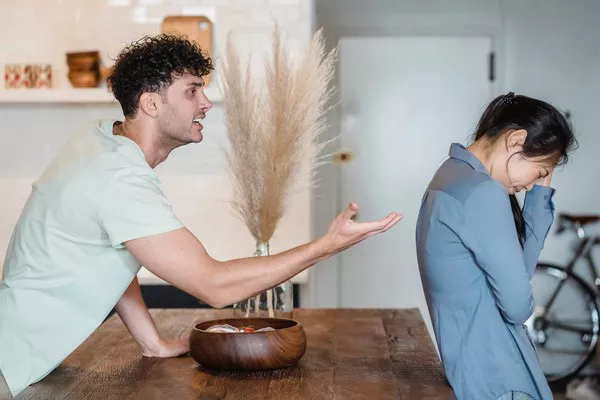A groundbreaking study by the University of Waterloo has unveiled compelling evidence that integrating natural elements into urban landscapes, particularly through the practice of forest bathing, significantly improves the mental well-being of young individuals. The research, part of the university’s commitment to fostering healthy, sustainable urban futures, underscores the importance of incorporating green spaces into city planning.
The study pioneers real-time feedback from young individuals on their emotional reactions to various urban settings, including transit hubs, residential areas, parks, trails, and water bodies. The unequivocal results demonstrate that exposure to natural urban spaces is associated with markedly higher levels of positive emotional responses.
Leia Minaker, an associate professor at the School of Planning and director of the Future Cities Initiative, emphasized the novelty and significance of the findings, stating, “For the first time, we’re able to specifically say this is how much anxiety is reduced when kids are by a park as opposed to by a city center.”
The research indicates that even brief periods of forest bathing, such as looking at an urban lake, could reduce anxiousness in young people by 9%. Conversely, exposure to a bustling downtown environment for the same duration increased anxiety levels by 13%, even after adjusting for variables such as age, gender, ethnicity, mental health status, and social standing.
As urbanization continues to escalate, understanding the impact of urban environments on the mental health of young people becomes increasingly crucial, especially in the context of rising depression and anxiety rates among adolescents.
The study suggests that the presence of nature motifs, natural vistas, public parks, gardens, and trees in urban areas significantly boosts the emotional well-being of young individuals. Valuable insights into how adolescents interact with these green spaces, such as skateboarding or socializing, offer guidance for city planners, architects, and healthcare professionals advocating for nature-inclusive urban designs that benefit all age groups.
Minaker highlights the importance of involving teenagers in urban planning decisions, noting that their experiences and perspectives can influence long-term health outcomes. She stated, “Teens are frequently excluded from any kind of decision about the cities they live in. It’s important to get their opinions and quantify their experiences because childhood experiences influence many long-term health and disease outcomes.”
Looking ahead, the research team plans to explore the connection between forest bathing, adolescent mental health, and broader economic and social impacts. Additionally, they aim to investigate the mental and physical health outcomes for children residing in high-rise buildings, an area currently under-researched in North America.
In summary, the study advocates for the integration of natural elements into urban environments as a crucial strategy for enhancing the mental well-being of youth. By demonstrating the tangible benefits of forest bathing and nature-inclusive design, the research provides a compelling argument for prioritizing green spaces in urban development. Engaging young people in the planning process enriches urban designs with their unique perspectives, fostering healthier, happier communities for generations to come.
More about forest bathing:
Forest bathing, or Shinrin-yoku, is a Japanese practice that involves immersing oneself in the atmosphere of a forest. It emphasizes connecting with nature through the senses, promoting a holistic experience. Developed in Japan during the 1980s, forest bathing has become a cornerstone of preventive healthcare and healing in Japanese medicine.
Research indicates profound health benefits of forest bathing, including stress reduction, improved feelings of happiness, decreased anxiety, lower blood pressure, and heart rate regulation. The natural oils of trees, known as phytoncides, have been found to boost the immune system, contributing to overall well-being. The practice also promotes better sleep, greater focus, and a sense of rejuvenation.

























